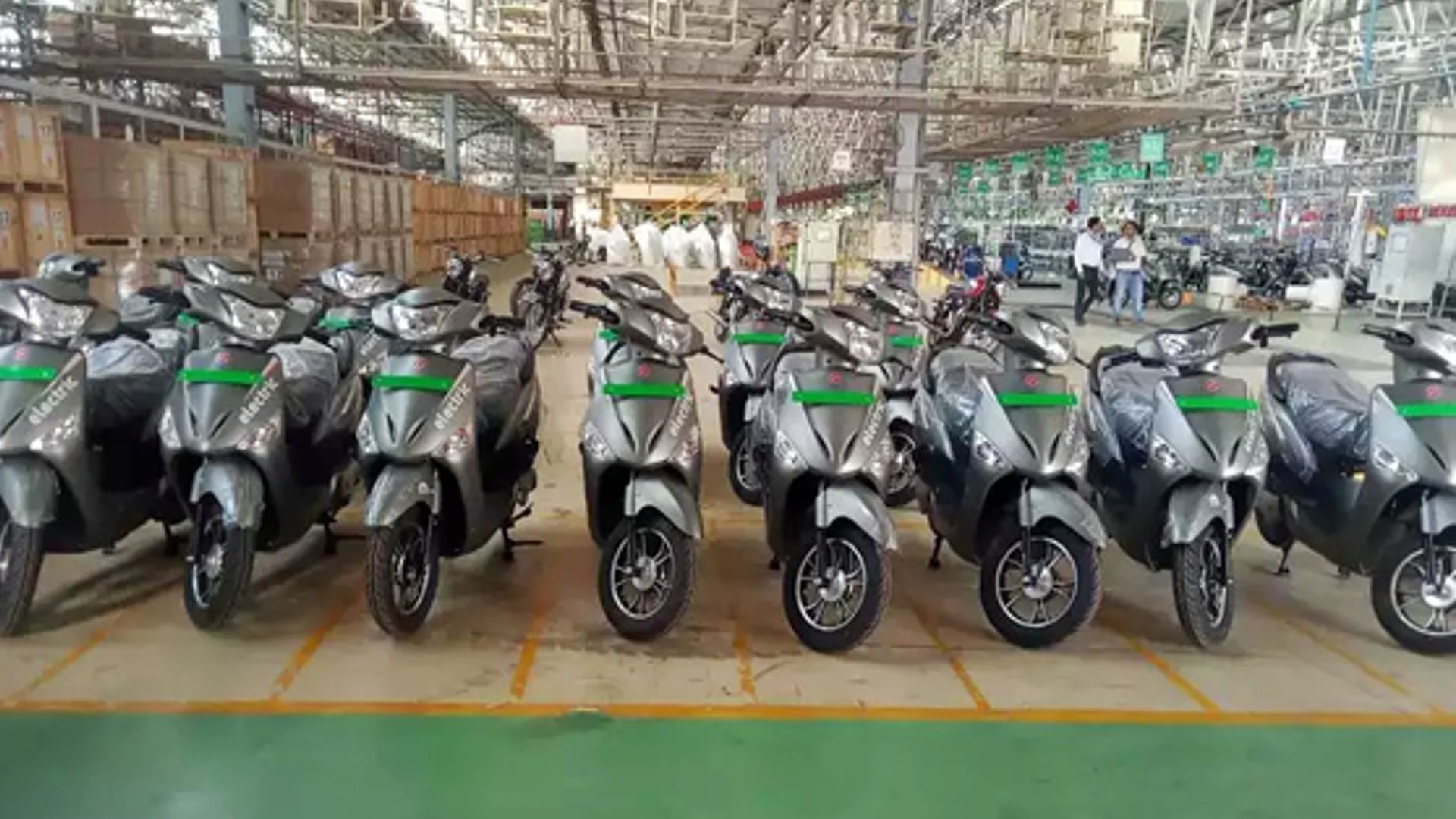India, home to the world’s largest two-wheeler marketplace, has been making strides towards green mobility. However, the journey has hit a snag because of the authorities’ recent crackdown on e-scooter corporations for not adhering to localization norms. The scenario has brought about a financial crunch for lots of startups, affecting the overall progress in electrifying two-wheeler transport inside the country.
The Indian authorities are demanding that six e-scooter groups, along with Hero Electric Vehicles Pvt, give back Rs 500 crore ($60 million) in subsidies. The reason – the 6 companies have allegedly violated the localization policies that require sourcing components domestically rather than from China. This move has additionally caused the withholding of unpaid subsidies, to the amount of over Rs 1000 crore, affecting the capital drift of many startups in the EV space.
The clampdown has had various results on exclusive players inside the market. Ola Electric Mobility Pvt has emerged exceedingly unscathed and continues to dominate the e-scooter market in India. On the other hand, businesses like Okinawa, Hero, and Greaves Electric Mobility Pvt are suffering to stay afloat. The withholding of subsidies has brought about a loss of a mixed 90 billion rupees for e-scooter startups, as reported by the Society of Manufacturers of Electric Vehicles.
The crackdown on Chinese EV parts
The issue dates back to the previous year when incidents of e-scooter fires led the authorities to research whether companies had been following assembly localization norms. It was determined that some electric vehicle manufacturers had been importing ready-to-use elements, especially from China, compromising the safety of their products as well as the consumers.
The withholding of subsidies via the Indian authorities has led to a monetary vacuum for e-scooter startups, making it more and more difficult for them to sustain operations and appeal to investments. This comes at a time when companies are in a race to secure investments for their operations. Ather Energy Pvt, as an example, is in the process of raising Rs 900 crore from present shareholders Hero MotoCorp Ltd and GIC Pte. Similarly, TVS Motor Co. is reportedly in advanced talks with Goldman Sachs Group Inc. for funds.
The authorities’ guidelines have proven to be a double-edged sword. On one side, they help local companies by asking them to use elements made in India itself. On the flip side, these rules make it more difficult for established enterprises to shift their entire supply chain from existing channels to those in India, further slowing down the overall adoption of electric scooters in the country.








